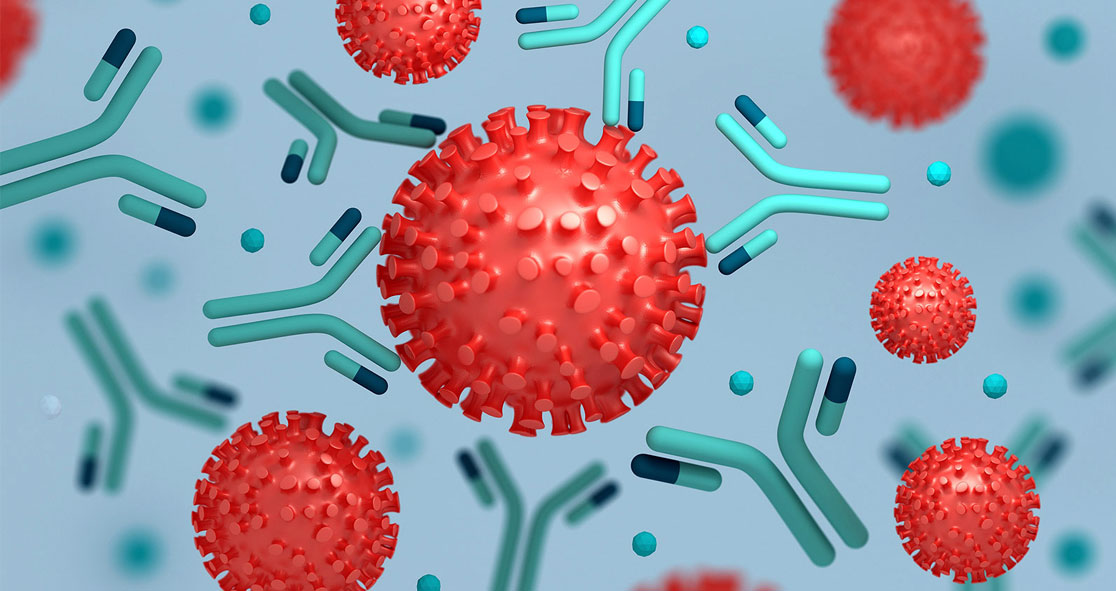A team of researchers has identified antibodies that can neutralize Omicron and other variants of the coronavirus, according to Medical Xpress.
These “broadly neutralizing” antibodies target areas of the virus spike protein that remain essentially unchanged as the viruses mutate, which could help design vaccines and antibody treatments that would be effective against Omicron as well as other variants, according to David Veesler of the University of Washington School of Medicine in Seattle.
He said, “This finding tells us that by focusing on antibodies that target these highly conserved sites on the spike protein, there is a way to overcome the virus’ continual evolution.”
“The main questions we were trying to answer were: how has this constellation of mutations in the spike protein of the omicron variant affected its ability to bind to cells and to evade the immune system’s antibody responses,” added Veesler, who is one of the lead researchers.
Omicron has 37 mutations in the spike protein, latching onto and invading cells. The researchers said this is an unusually high number of mutations, which is why the new variant has been able to spread so rapidly, infecting people who have been vaccinated and re-infecting those who were naturally infected.
The team discovered that Omicron spike protein was able to bind 2.4 times better than spike protein found in the coronavirus isolated at the beginning of the pandemic.
Veesler noted, “That’s not a huge increase, but in the SARS outbreak in 2002-2003, mutations in the spike protein that increased affinity were associated with higher transmissibility and infectivity.”
The researchers also found that the new variant was able to bind to ACE2 receptors efficiently in the mouse model, suggesting that it might be able to jump between humans and other mammals.
It has also been found that antibodies generated in people who had been naturally infected by earlier strains and from those who had received one of the six vaccines had reduced ability to block infection.
Antibodies from previous infections and Sputnik V, Sinopharm, or Johnson & Johnson vaccines had little or no ability to neutralize Omicron’s entry into cells. However, antibodies generated from either Moderna, Pfizer-BioNTech, or AstraZeneca vaccines retained some neutralizing activity.
Furthermore, the researchers found that antibodies from people who were previously infected, recovered, and then had two doses of vaccine had reduced activity, but the reduction was less (5-fold).
Antibodies in renal dialysis patients who had received a booster with a third dose of the m-RNA vaccines produced by either Moderna or Pfizer-BioNTech showed a 4-fold reduction in neutralizing activity. Veesler said, “This shows that a third dose is really, really helpful against Omicron.”
The researchers also found the antibody treatment sotrovimab which is currently approved to be used in patients exposed to the virus, had no or had markedly reduced activity against Omicron. Veesler said, “The finding that antibodies are able to neutralize via recognition of conserved areas in so many different variants of the virus suggests that designing vaccines and antibody treatments that target these regions could be effective against a broad spectrum of variants that emerge through mutation.”























